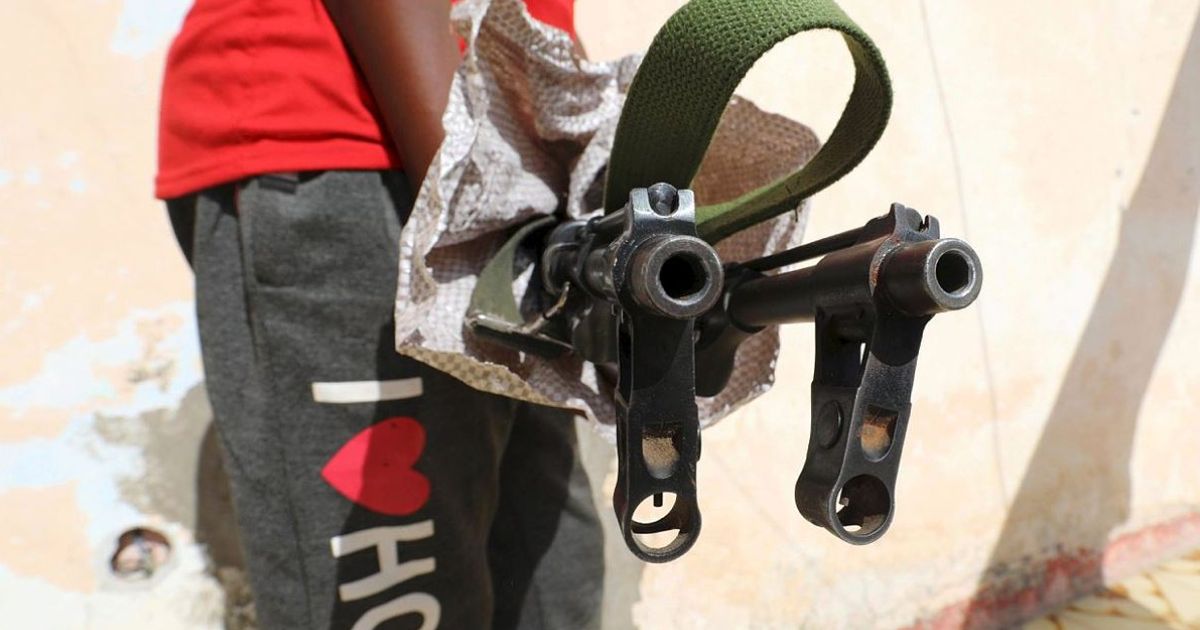Somalia’s compliance with arms embargo ‘consistently weak’-UN report

By T. Roble
Diversion of military equipment and distribution for political ends remain high in Somalia, a new UN report has warned dimming the possibility of arms embargo lifting by the UN Security Council in the near future.
The report by the Somali and Eritrea Monitoring Group (SEMG) which is yet to be officially released by the Security Council raises questions on the government’s capability to effectively manage weaponry and sealing loopholes of the arms finding way into the hands of arms dealers and militant groups in the country.
From poor reporting of received weapons, refusal to grant access for UN monitors, sale of weapons by both junior and senior military figures and government officials to leadership challenges within the security forces, the report says Somalia’s compliance to the terms of the arms embargo remains ‘consistently weak’.
“Given the volume of weapons and ammunition — and particularly RPG-7 rounds —stored at FGS armories over the course of the mandate, combined with weak command and control capabilities, and frequent turnover of senior officials within the SNA, the risk of both politicized distribution and diversion of weapons imported by the FGS remained high,” the report notes.
20,000 weapons
According to preliminary reports, the SEMG says, Somalia has received approximately 20,000 weapons and 75 million rounds of ammunition, including an estimated 70,000 RPG-7 rounds.
But the report adds that there is a significant disparity between the weapons received by the Federal Government since the partial lifting of the arms embargo and the number of weapons distributed to the Somali National Army.
The group whose mandate includes overseeing the enforcement of the arms embargo imposed on Somalia in 1992 notes that 21 containers of Rocket Propelled Grenades (RPG)-7 rounds from May 2018 consignment were transferred to Villa Somalia. The SEMG was not however granted access to the armory.
Some of the weapons, the report notes have found way into the hands of arms dealers in Mogadishu, Baidoa and Dhusamareb acquired from Somali security forces at junior and senior levels in addition to government officials. Some of the army commanders who were investigated and found culpable of arms diversion were sacked only to be re-appointed to head the SNA sectors, the report says.
Weapons recovered from Al-Shabaab in Kenya and within the country are traceable to the government armory, the report notes adding the recovered firearms from Al-Shabaab by Kenyan authorities in February highlighted the transnational movement of the weapons received by the federal government.
Security of weapons in military bases is also prone to misuse or theft, the report says citing the April incident in which a section of soldiers based at General Gordon Training Centre in Mogadishu looted arms following exit of UAE trainers. In the incident, several firearms were sold to arms markets in Mogadishu with an AK-47 gun going for $1,000.